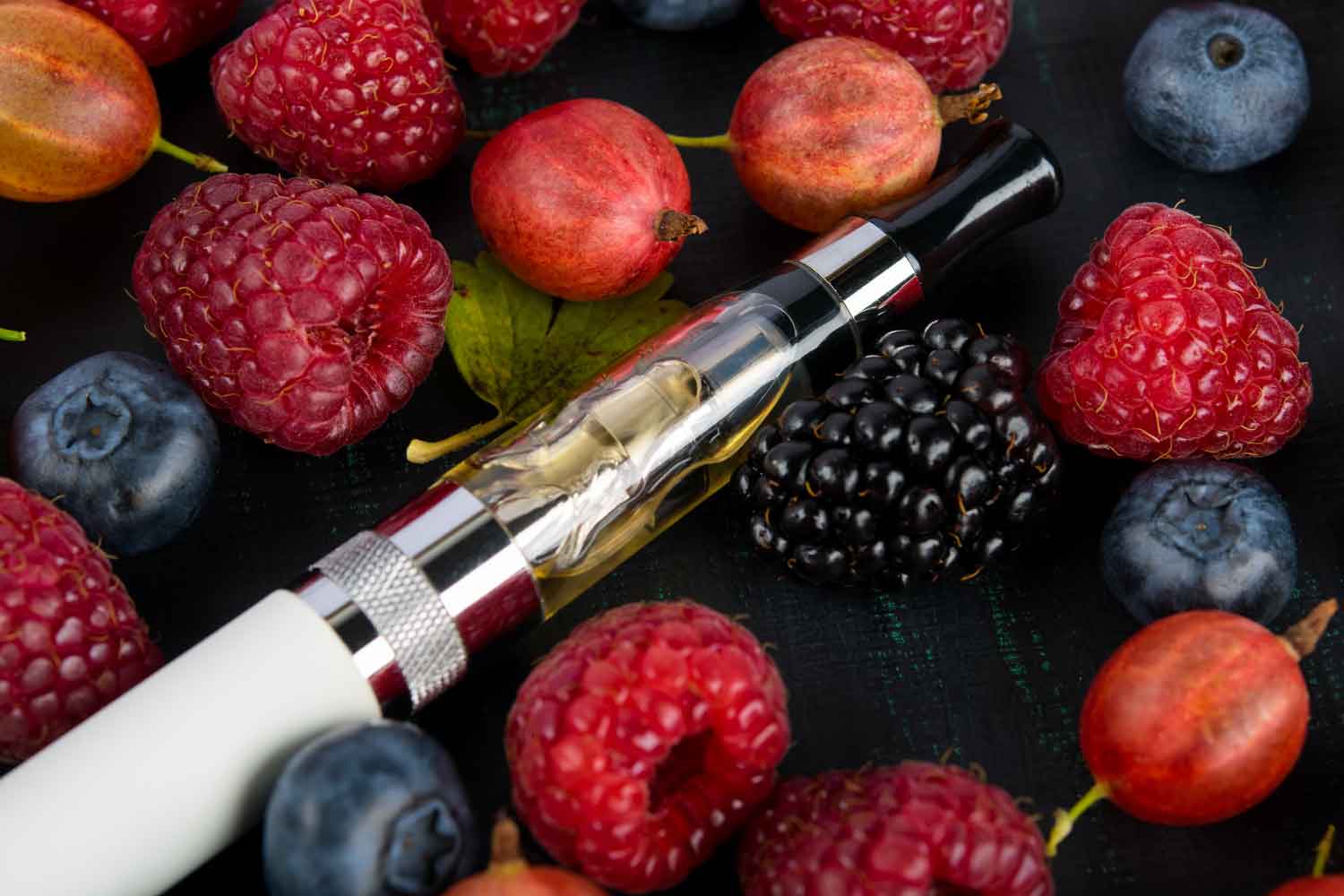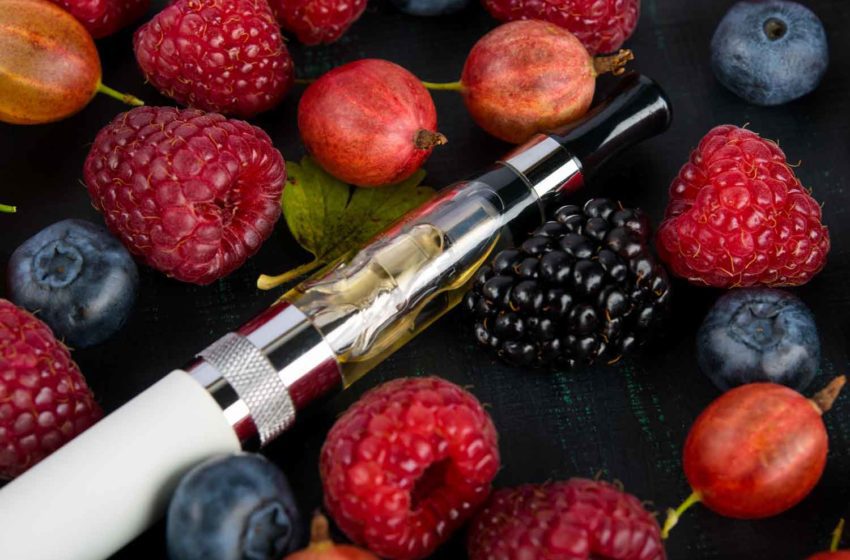
If vapor product sales were restricted to tobacco flavors, one-third of U.S. vapers between the ages of 18 and 34 would switch to smoking combustible cigarettes, according to a new study in Nicotine & Tobacco Research.
The study analyzed data from February to May 2020 and looked at 2,159 young adults in Atlanta, Boston, Minneapolis, Oklahoma City, San Diego and Seattle, examining support for e-cigarette sales restrictions and the perceived impact of flavor and vaping bans.
This study precedes the FDA’s impending Sept. 9 deadline for premarket tobacco product application (PMTA) decisions, which could potentially take most vapor products off the market.
The FDA’s deadline will be “like watching an unstoppable object hit an immovable wall,” said Charles Gardner, executive director of INNCO, a global nonprofit supporting the rights of adults using safer nicotine products. “The FDA must know flavor bans will increase teen, young adult and older adult smoking.”
“In general, the FDA does not comment on specific studies but evaluates them as part of the body of evidence to further our understanding about a particular issue and assist in our mission to protect public health,” an FDA spokesperson said.
Two other recent studies showed similar results. A study in JAMA Pediatrics showed that following San Francisco’s flavor ban, teens were more likely to smoke than those in other school districts. A different study in Nicotine & Tobacco Research shows that teens who vape would be smoking cigarettes if vapes hadn’t become available.
“All hell will break loose if [the FDA] authorize[s] flavors as ‘appropriate for the protection of public health,’” said Gardner. “The Truth Initiative and the Bloomberg-funded Campaign for Tobacco-Free Kids have staked their reputations on the public health benefits of flavor bans. And many key leaders in the U.S. Congress believe them.”

